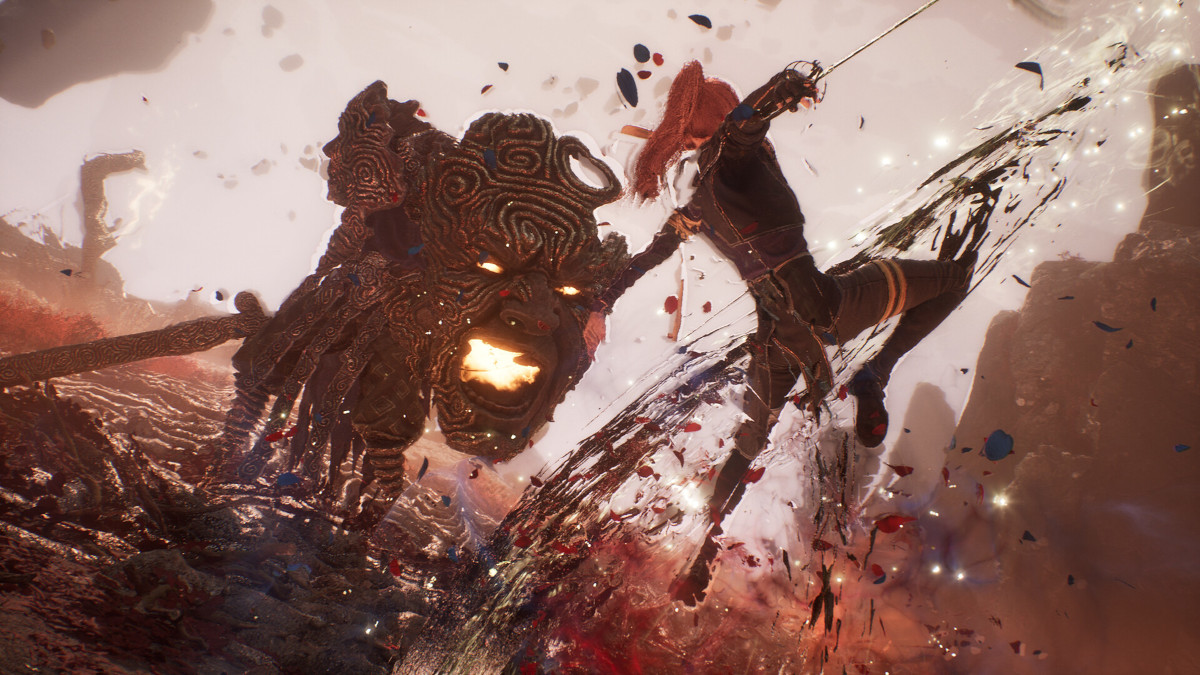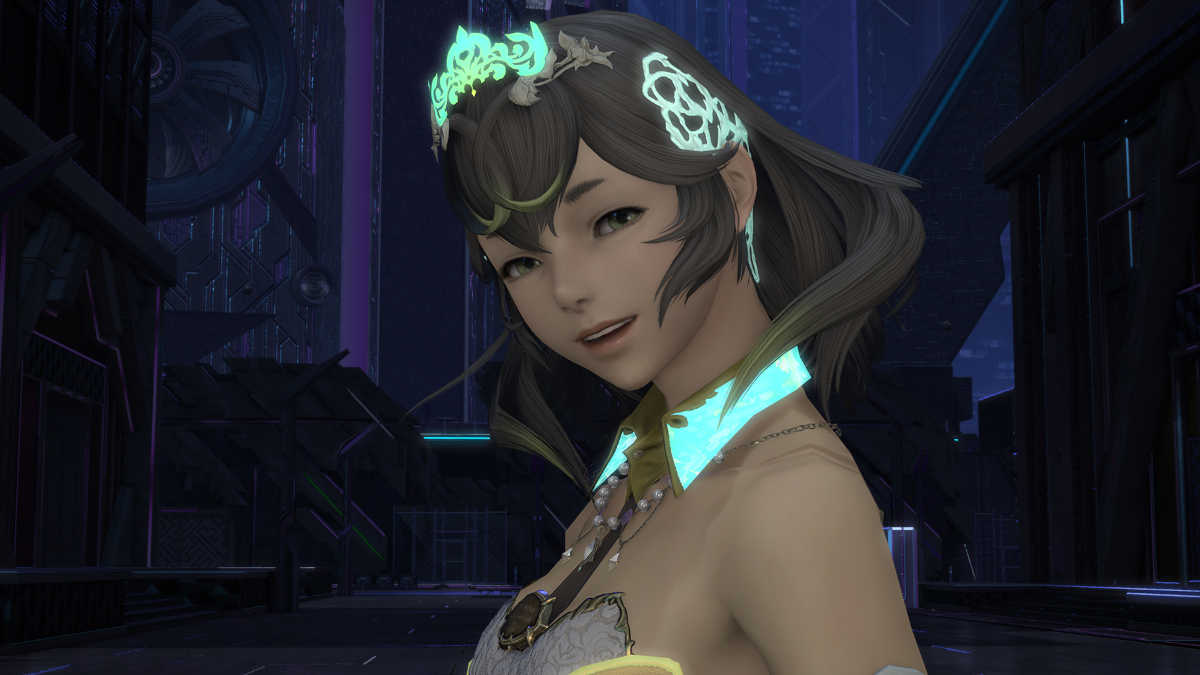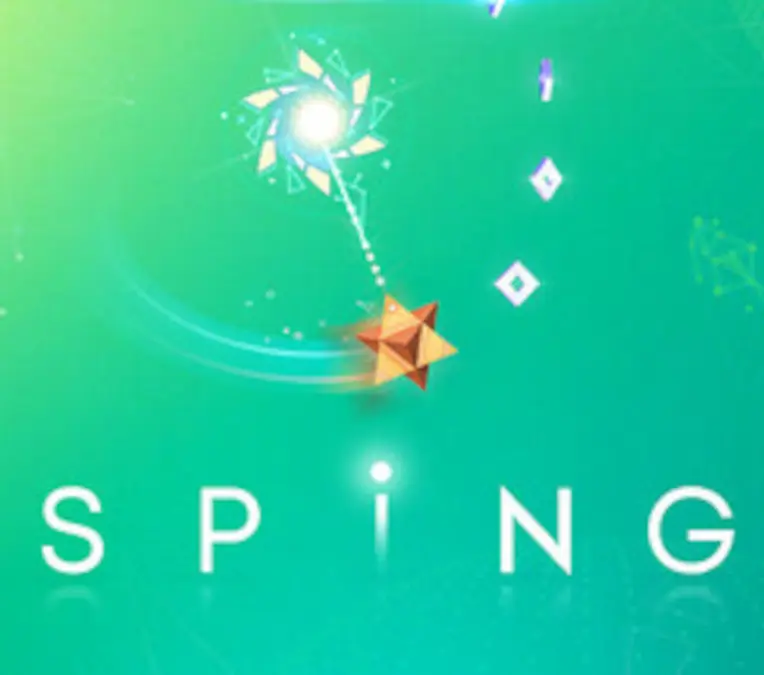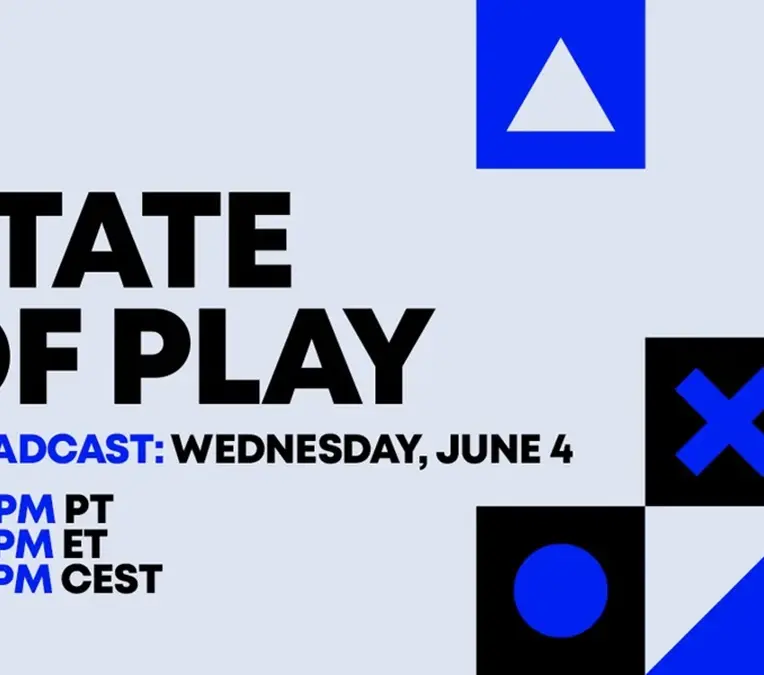299Views 2Comments
Every year, thousands of games are released into the world with developers hoping that they will be beloved by those who play. Some of them go on to become more beloved than others, instantly creating a huge number of die-hard fans who will support and defend their favorites without hesitation.
But for every fan of the latest mega-hit release, there are always those who just don’t fall for the game in the same way. Maybe the plot doesn’t resonate with them, or perhaps the combat systems just don’t float their boat, so to speak, something about the game just doesn’t give them the same dopamine high as it seems to give others.
It’s pretty commonplace for a game’s players to vary wildly in their opinion of the game they’re playing, and usually it’s not too much of a problem. However, it does seem to become a problem, now and then, when a game is either wildly successful or is something of an ‘underdog’ within the industry.
Suddenly, not enjoying the game for perfectly valid personal reasons turns you into a villain, especially if you choose to detail what those reasons are.
Example: Clair Obscur: Expedition 33

This bizarre phenomenon has resurfaced since the release of Clair Obscur: Expedition 33 on April 24. The debut release from the independent development studio Sandfall Interactive, Expedition 33 has sold a million copies, been heralded as a game-changing RPG, and has easily earned its place in history for the hundreds of thousands of players who keep going back for more.
Expedition 33 truly deserves the accolades it has received. The story is emotional and driving, the imagery is stunning, and the gameplay itself is intuitive and refreshing. However, there is the pesky little issue of turn-based combat that puts a lot of people off, which has led to those people expressing their opinion that, sadly, the game is just not for them. That, in turn, has led to many of Expedition 33’s fans staunchly defending it with strongly worded arguments on social media and review sites.
Having an opinion is a good thing
This raises one valid question: When did it become a bad thing for people to have different opinions? These opposing viewpoints should lead to discussions, which then, in turn, transform into a driving force for other developers to make their own choices when making their games. Instead, it seems that people are more interested in their own opinion and defending it, rather than taking the time to listen to anyone else’s and trying to understand.
It’s okay to disagree. Everybody is entitled to their own opinion, based on personal preferences, when it comes to gaming. The most played games on Steam right now (and pretty much all the time) are Counter-Strike 2, Dota 2, and PUBG: Battlegrounds. Each has hundreds of thousands of players at all times, with Counter-Strike 2 regularly having over a million at any point, but even they aren’t beloved by every person with a PC or console. No game is ever going to please every single player, and we shouldn’t ever expect one to.
Expedition 33 is not the only example of this phenomenon; it’s simply referenced here because it is the latest example within the gaming community. Back when FFXIV’s Dawntrail was released, the phenomenon was strangely reversed, with the majority jumping on the ‘hate train’ and expressing how much they disliked the story. Meanwhile, anyone who dared to say they actually enjoyed the MSQ (myself included) became a target for almost viral-level negative attention. It happens pretty regularly, and it sadly just seems to be the way that things are going into the future.
There are no winners in this never-ending battle

On the other end of the spectrum, to balance things out a bit, there are those ‘hater’ fans who will take part in equally baffling phenomena like ‘review bombing’. This is where a large number of players will give a game wildly low-scoring reviews just to lower the overall score. This has happened with both of the mentioned examples, FFXIV and Expedition 33, and many other games in recent history.
These negative reviews have the potential to make those reading disbelieve the higher scores, negatively impacting the number of people who purchase and play the game. It’s perhaps an even stranger phenomenon than the discourse that arises between fans and non-fans.
The biggest problem is that neither side is necessarily wrong, although their methods of expression could arguably do with some work. The arguments will always keep going until the end of time, or until either side gets bored with the discourse and moves on to something else. All of the online bickering ultimately ends up pointless, either impacting the success of the game or providing it with free publicity, depending on which side of the fence you happen to be on.
To sum up…
Maybe I’m alone in this, but I was taught as a child that if you don’t have anything nice to say, then it’s better not to say anything at all. Kindness and understanding are free to give away, but have somehow become a scarce commodity in the modern world of social media and anonymity offered by our screens and keyboards. It’s not hard to just be nice to each other, and it makes the world a better place, you know?
The takeaway here is that it’s okay to not like something even when the entire world seems to enjoy it while you don’t, and you shouldn’t be judged or made to feel as though you’re wrong for having that opinion. On the other side of the coin, it’s okay to fall in love with something, as the majority of other people do alongside you, but just because you love something, that doesn’t mean that everyone else has to as well.



2 Comments
by Quantum_pulse9
Yeah, I totally get this. Not every game is going to resonate with everyone, and that’s okay. Personally, I’ve seen so many people rave about games like FF7, but it just didn’t click with me. I appreciate the effort and passion that goes into creating these games, but sometimes certain aspects just don’t appeal to everyone. It’s all about finding what you enjoy and having fun with it, regardless of what others might think. Gaming is such a diverse and subjective experience, and that’s what makes it so special.
by Frostvex_93
I dropped Clair Obscur: Expedition 33 halfway through because the loot grind got stale. I get why people hype these titles, but if the mechanics don’t resonate, it’s totally fine to bow out. Personal taste trumps review scores every time.